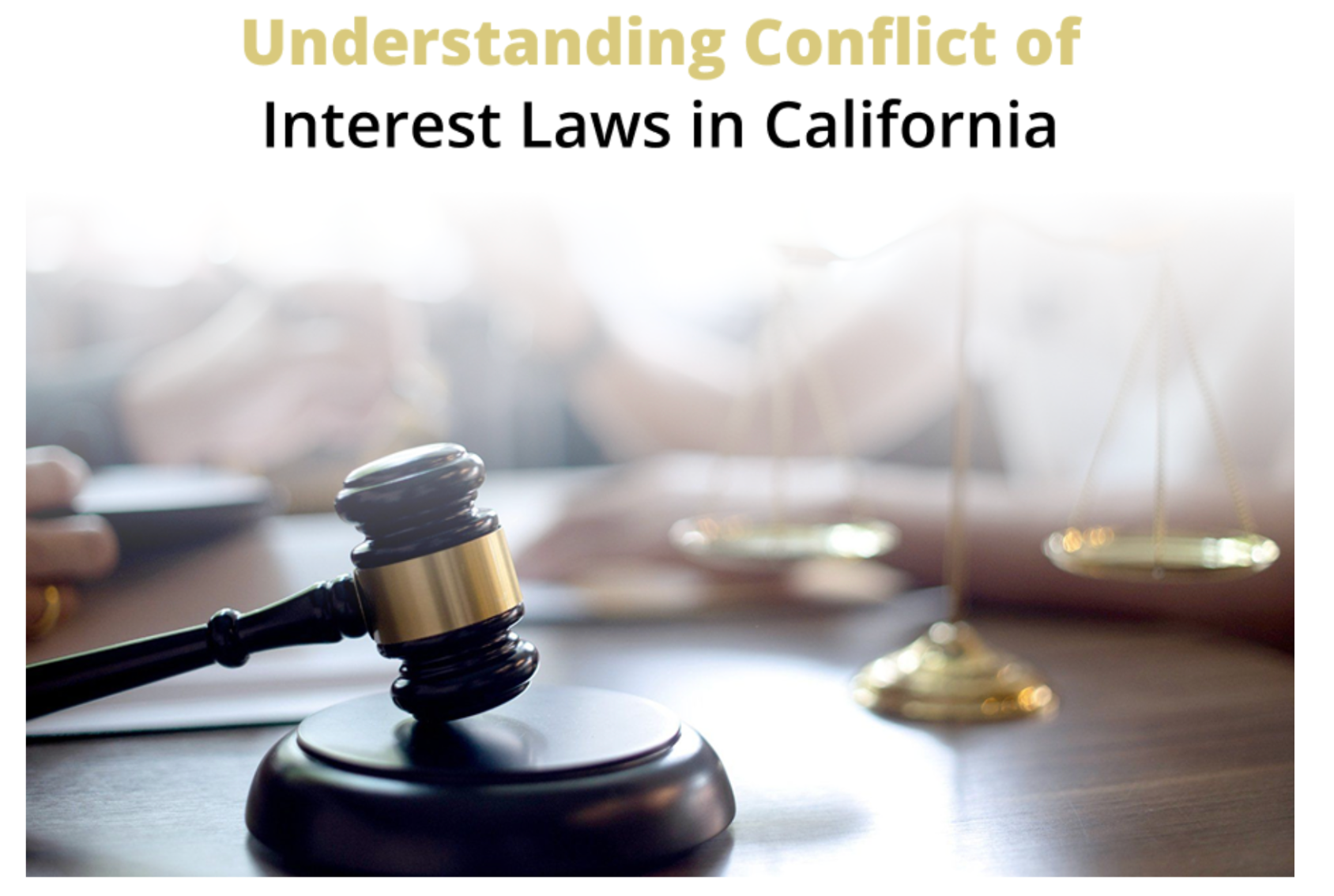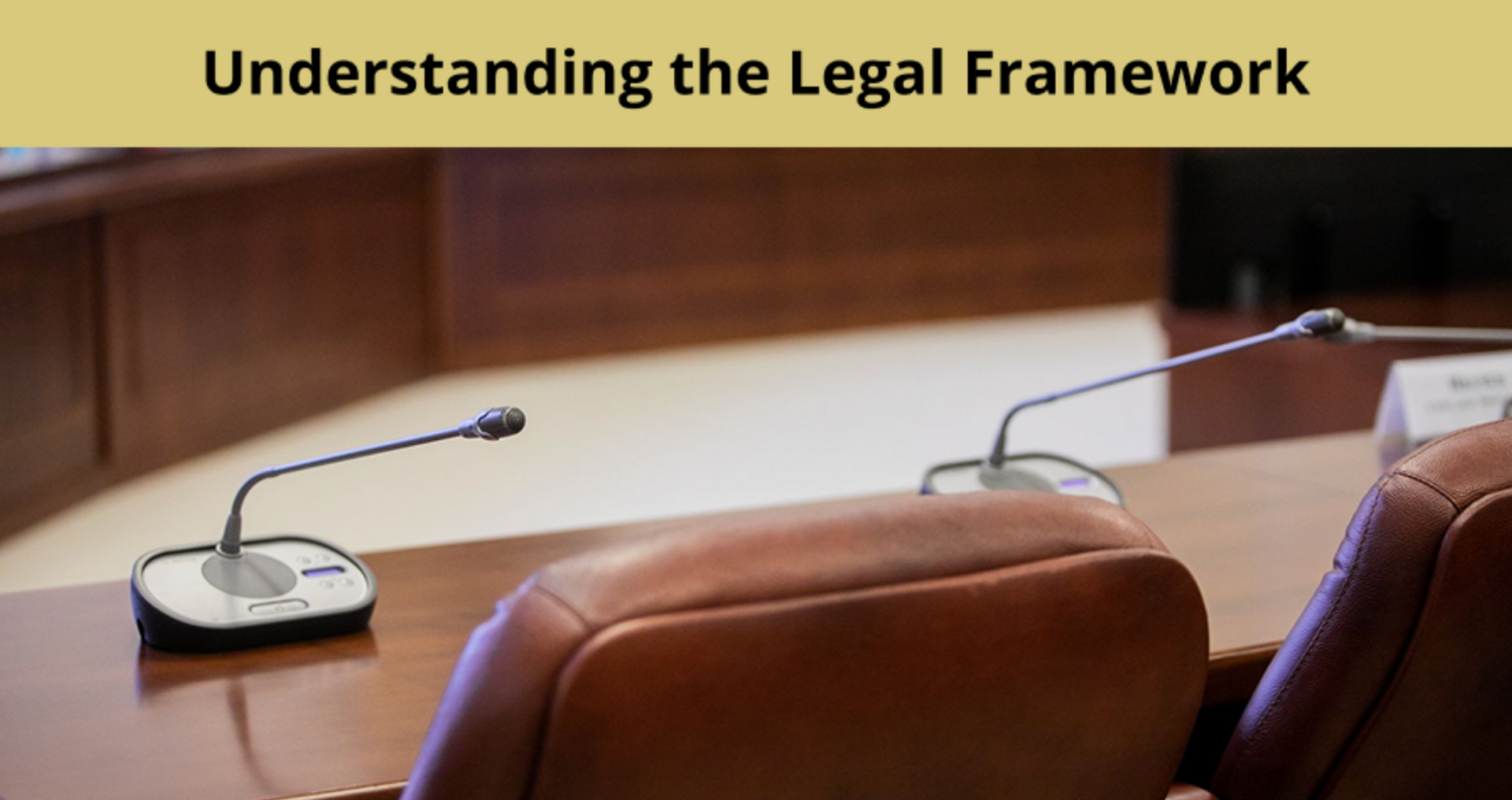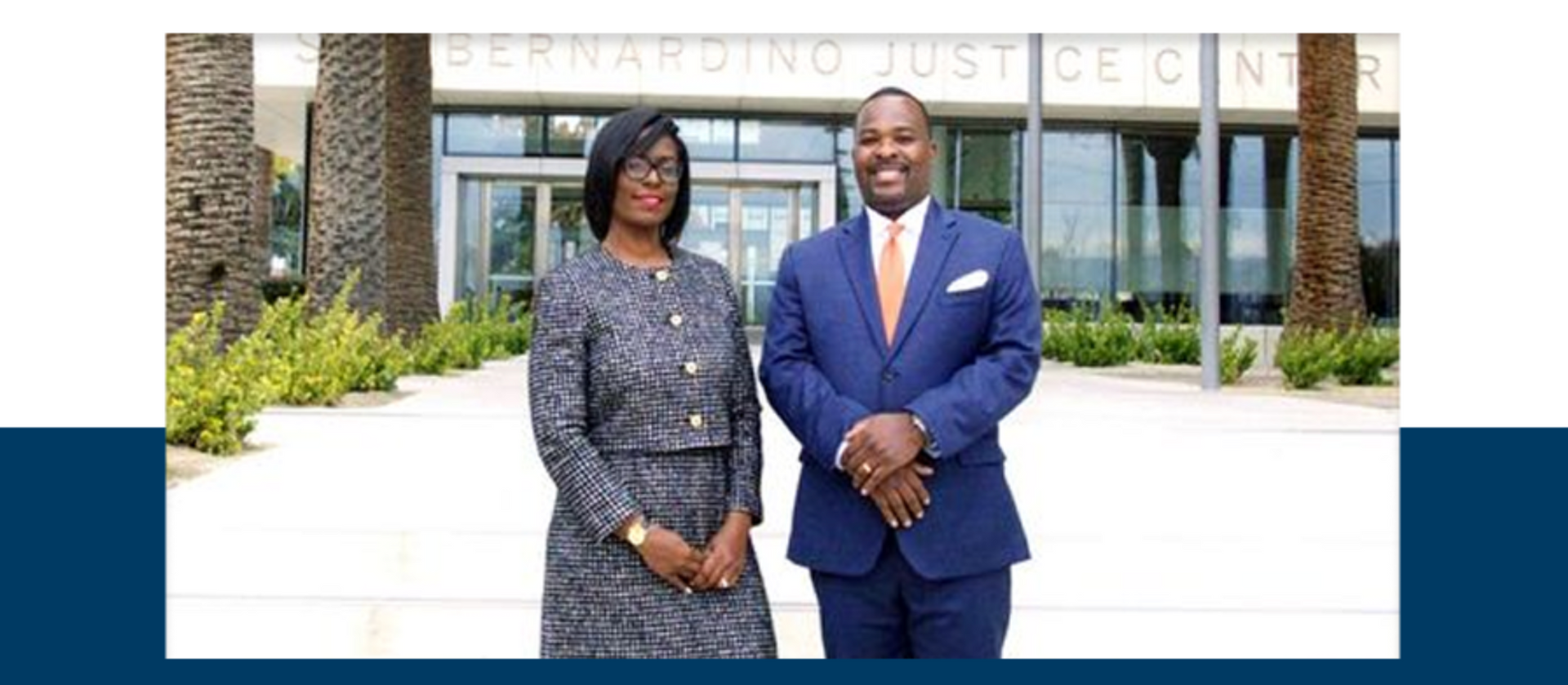
Understanding Conflict of Interest Laws in California

In public service, trust is everything—and California’s conflict of interest laws exist to protect it. We've simplified the key rules so you can confidently make decisions that serve the public, not personal interests.
What Is a Conflict of Interest?
A conflict of interest occurs when a public official’s decision could personally benefit themselves or someone close, financially or otherwise. These laws are in place to maintain transparency, integrity, and public confidence in government decision-making.

Recent FPPC Updates Reinforce Disclosure and Compliance Standards By Bracy Hawkins Law, PC – Public Sector Advisory Group
California’s conflict of interest laws have long set a high bar for public transparency and ethical governance. The Political Reform Act of 1974
(Gov. Code §§ 81000–91014) prohibits public officials from making, participating in, or influencing governmental decisions in which they have a financial interest. In 2024 and 2025, the
Fair Political Practices Commission (FPPC) enacted several regulatory updates to strengthen these standards and close procedural loopholes—especially around meeting attendance and gift reporting.

Under Government Code section 87100, public officials must disqualify themselves from any decision in which they have a direct or reasonably foreseeable financial interest. Such interests include:
- Business investments over $2,000
- Real property interests
- Income of $500 or more from a single source
- Gifts exceeding the annual FPPC threshold
- Personal financial impacts of $500 or more
When a conflict exists, Gov. Code § 87105 requires public officials to:
- Publicly identify the financial interest
- Recuse from participation in the matter
- Leave the meeting room during discussion (with limited exceptions)
Disclosures must be clear enough for public understanding and recorded in the official meeting record.

1. Elimination of the “Partial Absence” Loophole (Reg. 18707)
Effective June 2024, officials must disclose conflicts if they attend any part of the meeting—even if not present during the specific agenda item. Disclosures must be made:
- Before leaving a meeting (if departing early)
- Upon arrival (if entering after the item has been considered)
- Only those absent from the entire meeting are exempt
This closes a gap previously used to avoid public disclosure obligations.
2. Gift Limit Increase (Reg. 18940.2)
Effective January 1, 2025, the annual gift limit increased from $590 to $630. Gifts above this amount from a single source must:
- Be reported on the official’s Form 700
- Be considered when evaluating disqualification under Gov. Code § 87103(e)
3. Materiality Threshold Revisions
The FPPC clarified thresholds for when financial impacts trigger disqualification:
- $500 or more in personal financial impact is material
- For nonprofits:
- A $1 million change in gross receipts, or
- A 5% change exceeding $10,000 - A $10,000+ impact on real property interests is material
4. Mandatory E-Filing of Form 700 (Gov. Code § 87500)
Beginning in 2025, specified public officials—including mayors, city council members, and planning commissioners—must file Form 700 electronically using the FPPC’s designated portal.
5. Biennial Review of Conflict of Interest Codes (Gov. Code § 87306.5)
Local agencies must update their conflict of interest codes every two years. The next deadline is October 1, 2026, and the review must:
- Reflect current position titles
- Update disclosure categories
- Ensure alignment with FPPC rules

To stay compliant and minimize enforcement risk, local agencies should:
- Update internal policies and meeting procedures to reflect Regulation 18707
- Ensure Form 700 training covers gift limits and e-filing
- Evaluate and prepare for the biennial review of conflict codes
- Educate board members and staff on materiality thresholds and disclosure steps
Even minor oversights—like failing to publicly disclose before leaving a meeting—can result in enforcement, public scrutiny, and civil penalties.

Who We Are
At Bracy Hawkins Law, P.C., we’ve spent over 20 years guiding local governments across Southern California—from city councils to public commissions—through complex compliance challenges. We help ensure decisions are legally sound, defensible, and in the best interest of the public you serve.

